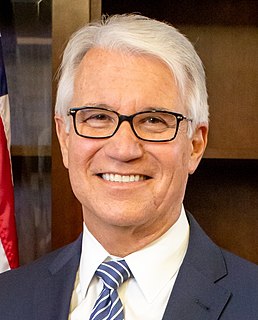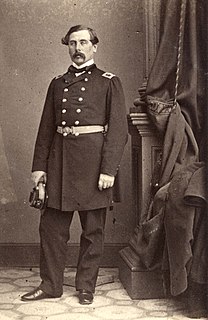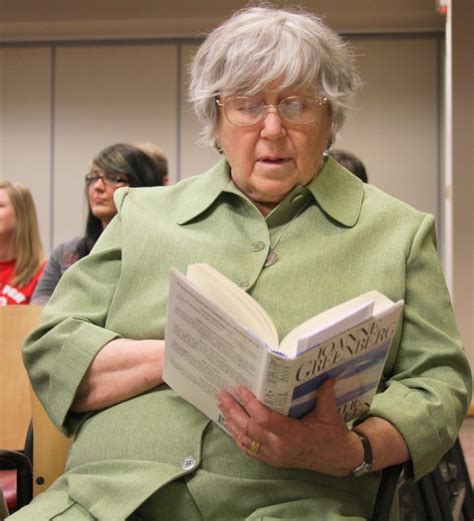A Quote by Ambrose Bierce
PARDON, v. To remit a penalty and restore to the life of crime. To add to the lure of crime the temptation of ingratitude.
Quote Topics
Related Quotes
Given my experience, I believe there are three compelling reasons why the death penalty should be replaced. (1) The criminal justice system makes mistakes and the possibility of executing innocent people is both inherently wrong and morally reprehensible; (2) My personal experience and crime data show the death penalty does not reduce crime; and (3) The death penalty wastes precious resources that could be best used to fight crime and solve thousands of unsolved homicides languishing in filing cabinets in understaffed police departments across the state.
The police, at their best, do three things; they prevent crime, they respond to crime, and they solve crime. In all three of those buckets, they need the trust of the community to do it, so I believe that if we restore the trust that we will change the way police are experiencing communities and ways that will preserve life and make everyone safer.
The best crime stories are always about the crime and its consequences - you know, 'Crime And Punishment' is the classic. Where you have the crime, and its consequences are the story, but considering the crime and the consequences makes you think about the society in which the crime takes place, if you see what I mean.
During the Great Depression, levels of crime actually dropped. During the 1920s, when life was free and easy, so was crime. During the 1930s, when the entire American economy fell into a government-owned alligator moat, crime was nearly non-existent. During the 1950s and 1960s, when the economy was excellent, crime rose again.
Once I got interested in organized crime, and, specifically, Jewish organized crime, I got very interested in it. I have learned that, like my narrator Hannah, I'm a crime writer in my own peculiar way. Crime with a capital "C" is the subject that I'm stuck with - even Sway is about "crime" in a certain way. The nice thing about crime is that it enables you to deal with some big questioO
If I had admitted my guilt, it would have been the same as putting my head on the chopping block - lifetime ban. Death penalty. I spent my entire life on the baseball fields of America, and I was not going to give up my profession without first seeing some hard evidence ... right or wrong, the punishment didn't fit the crime, so I denied the crime.
I think there is a lot of crime caused by desperation, and it doesn't mean that people commit crime because they're poor, but certainly a lot of people who are poor commit crime and they might not if they weren't poor. You understand the difference there? That's not news, but it comes up when I hear people say poverty doesn't affect crime - that crime is still going down in America even though the economy is bad.

































